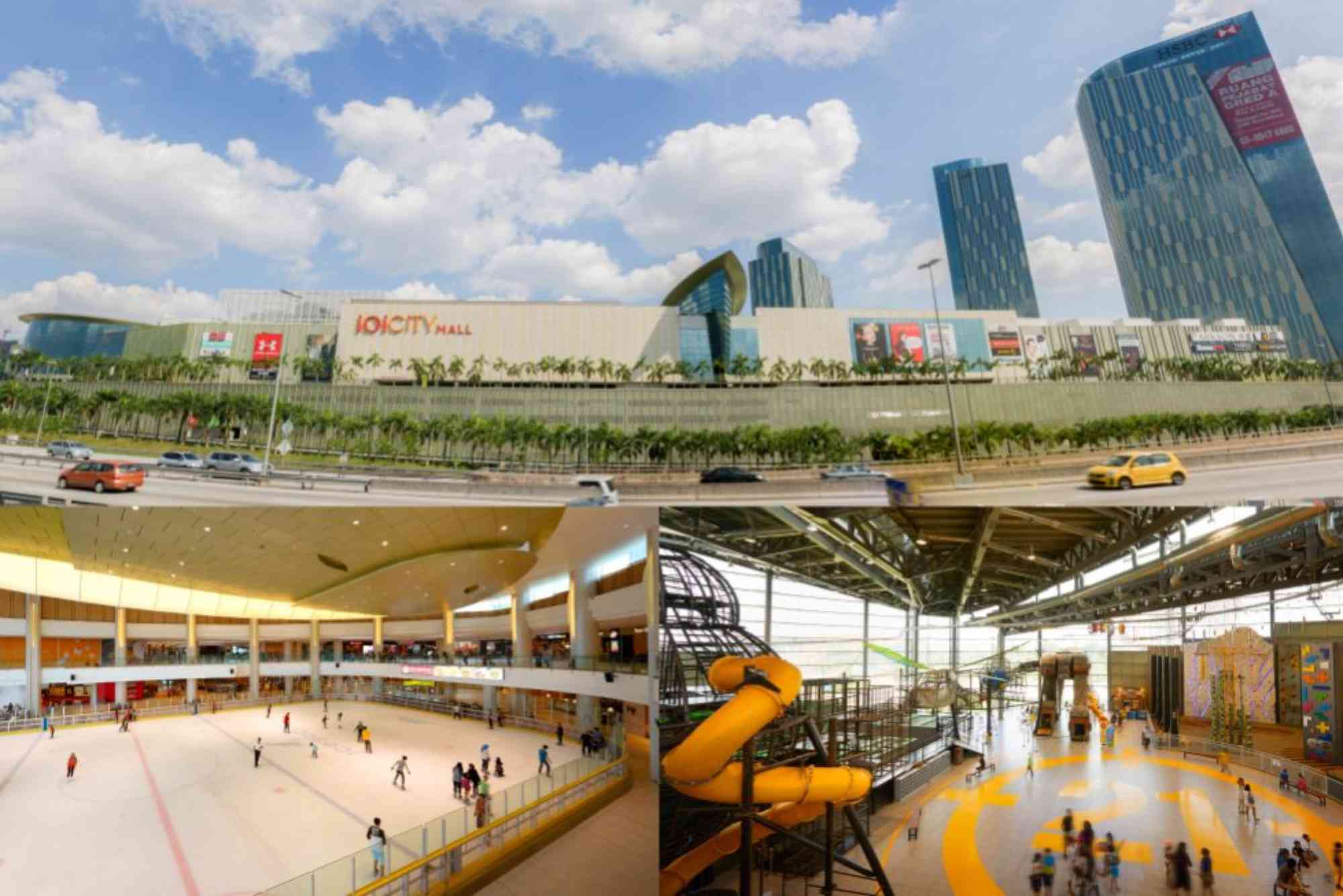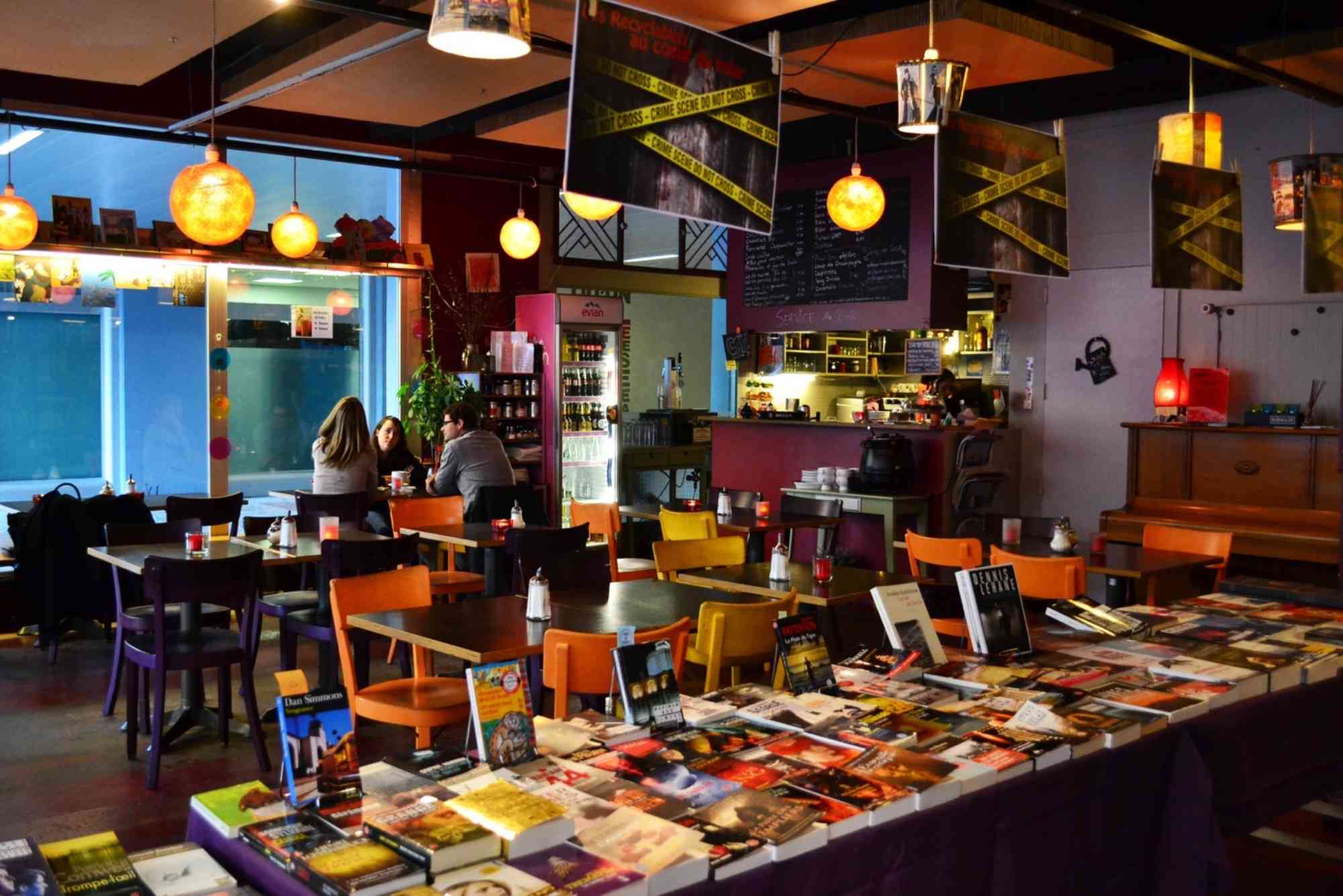Pakistan’s IT industry is experiencing rapid transformation, and Dhanote IT Park is emerging as a key hub for innovation. Software houses here are not only providing jobs but also nurturing startups, empowering freelancers, and supporting digital exports. With initiatives such as the Special Technology Zones Authority (STZA) and Ignite National Technology Fund, the government is pushing youth-driven IT ecosystems. This article explores how software houses in Dhanote IT Park are shaping the future, what opportunities exist, and why this region could become a game-changer for Pakistan’s digital economy.
The Role of Software Houses in Pakistan’s Digital Economy
Quick Answer: Software houses drive outsourcing, app development, and global IT exports in Pakistan.
Software houses in Pakistan contribute significantly to IT exports, which crossed $2.6 billion in 2022 (State Bank of Pakistan). They create solutions for international markets in fintech, e-commerce, health tech, and AI. In cities like Multan, Bahawalpur, and now Dhanote, software houses enable local graduates to access global projects without migrating abroad.
Key benefits include:
-
Job creation for young IT graduates.
-
Increased freelance opportunities.
-
Contribution to Pakistan’s export earnings.
-
Training grounds for innovation and entrepreneurship.
Youth Empowerment Through IT Training Programs
Quick Answer: Government and private initiatives are equipping youth with digital skills.
Pakistan’s government, under programs like DigiSkills.pk and Ignite, has trained more than 2 million freelancers. In Southern Punjab, new training centers are teaching skills in graphic design, software engineering, and cloud computing.
-
Ignite’s National Incubation Centers foster startups.
-
STZA zones are offering tax incentives for IT firms.
-
Punjab IT Board (PITB) is introducing coding bootcamps.
These programs ensure graduates from Layyah, Muzaffargarh, and Dhanote are job-ready.
The Rise of Freelancing and Remote Work
Quick Answer: Remote projects are redefining how young professionals earn.
Freelancing is booming in Pakistan, with over 1.5 million registered freelancers contributing nearly $400 million annually. Software houses in Dhanote IT Park act as incubators, providing shared workspaces, mentorship, and reliable infrastructure for freelancers.
Popular freelance categories:
-
Web and app development
-
Digital marketing
-
Graphic design
-
AI-powered automation projects
Demand for Skilled Graphic Designers
Quick Answer: Graphic design remains one of the most in-demand skills in IT parks.
Software houses are hiring graphic designers for branding, UI/UX, and digital campaigns. Many graduates want to know the salary of graphic designer in Pakistan before entering the field. Salaries vary by skill level, ranging from PKR 35,000 for entry-level designers to over PKR 150,000 for senior creative leads.
This demand ensures creative professionals in Dhanote have strong growth opportunities.
Why Dhanote IT Park is Becoming a Regional Tech Hub
Quick Answer: Infrastructure, location, and government backing are making Dhanote IT Park a magnet for IT firms.
Dhanote IT Park is strategically positioned in Southern Punjab, providing opportunities for small-town talent to compete globally. The park offers:
-
Modern infrastructure with dedicated internet facilities.
-
Co-working spaces for startups and freelancers.
-
Mentorship programs in partnership with universities.
-
Tax incentives for IT companies under STZA.
As one software house CEO in Multan noted:
“Tech growth isn’t limited to Karachi or Lahore anymore. Regional IT parks like Dhanote are leveling the playing field for small-town graduates.”
Challenges Faced by Emerging Software Houses
Quick Answer: Infrastructure gaps and brain drain remain hurdles.
While growth is strong, challenges persist:
-
Lack of advanced hardware and cloud infrastructure.
-
Brain drain, as skilled professionals move to major cities or abroad.
-
Limited venture capital funding for startups in smaller towns.
-
Inconsistent power supply in regional hubs.
Addressing these issues requires stronger partnerships between government, private investors, and international firms.
Lessons from UAE’s IT Development
Quick Answer: Pakistan can replicate UAE’s innovation-friendly IT ecosystem.
The UAE invested heavily in IT free zones like Dubai Internet City, attracting global firms while nurturing local talent. Today, UAE’s IT sector contributes over $80 billion to GDP. By creating specialized tech zones, Pakistan can achieve similar success.
For example, Dhanote IT Park can model itself after Dubai’s youth-focused incubators, offering accelerator programs, hackathons, and funding competitions.
The Future Outlook of Dhanote IT Park
Quick Answer: With consistent investment, Dhanote IT Park can become a major IT export hub.
The future depends on:
-
Strengthening government-backed initiatives.
-
Encouraging private sector software houses.
-
Training students in AI, blockchain, and cloud computing.
-
Connecting freelancers with global clients through platforms.
Midway in the journey, Dhanote IT Park is poised to become Southern Punjab’s leading digital hub, providing thousands of IT jobs and enabling startups to scale internationally.
How Universities Can Collaborate with Software Houses
Quick Answer: Stronger academia-industry linkages will accelerate growth.
Universities near Dhanote, like Bahauddin Zakariya University Multan, can:
-
Introduce internship pipelines with IT firms.
-
Align curricula with market skills (AI, cloud, UI/UX).
-
Host tech expos and industry seminars.
-
Establish joint R&D labs in collaboration with IT parks.
This ensures graduates are not only job seekers but also job creators.
Final Thought
As someone observing the IT boom in Southern Punjab, I see Dhanote IT Park as more than an infrastructure project—it’s a lifeline for youth empowerment. By combining government initiatives like STZA with private innovation, this hub can replicate success stories from the UAE. I believe the next decade will see Dhanote evolve into a thriving digital corridor, empowering freelancers, startups, and software houses to compete on a global scale.
FAQs
Q1. What makes Dhanote IT Park important for Pakistan’s IT growth?
It decentralizes IT opportunities, creating jobs for graduates in Southern Punjab.
Q2. What skills are in demand at software houses in Dhanote IT Park?
Web development, AI, cloud computing, and graphic design.
Q3. Are there government incentives for IT firms in regional parks?
Yes, STZA and PITB offer tax incentives, incubation, and infrastructure support.
Q4. How does freelancing benefit from IT parks?
Parks provide shared spaces, mentorship, and reliable internet for freelancers.
Q5. What salary can a graphic designer expect in Pakistan?
It ranges from PKR 35,000 for entry-level to PKR 150,000+ for senior roles.
Q6. How does Dhanote compare to Karachi or Lahore IT hubs?
While smaller in scale, Dhanote is rapidly catching up due to government support and affordable infrastructure.
Q7. What future industries could emerge in Dhanote IT Park?
AI, health tech, e-commerce, and blockchain-driven startups are most likely.











